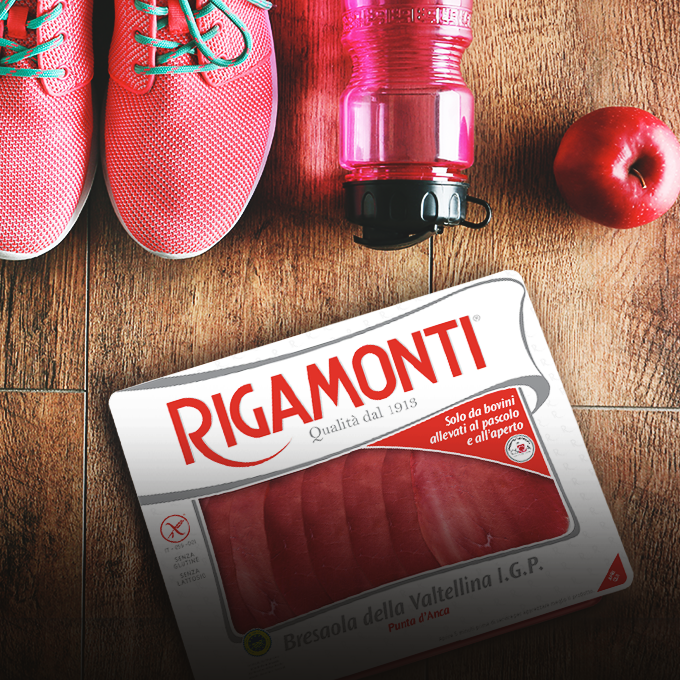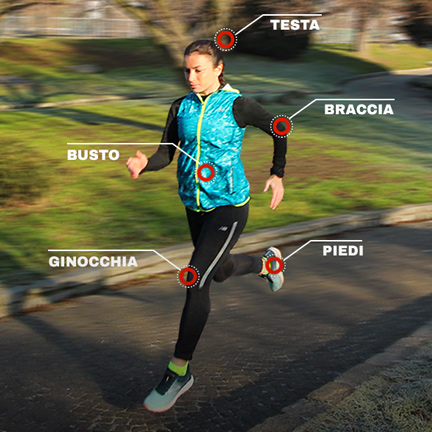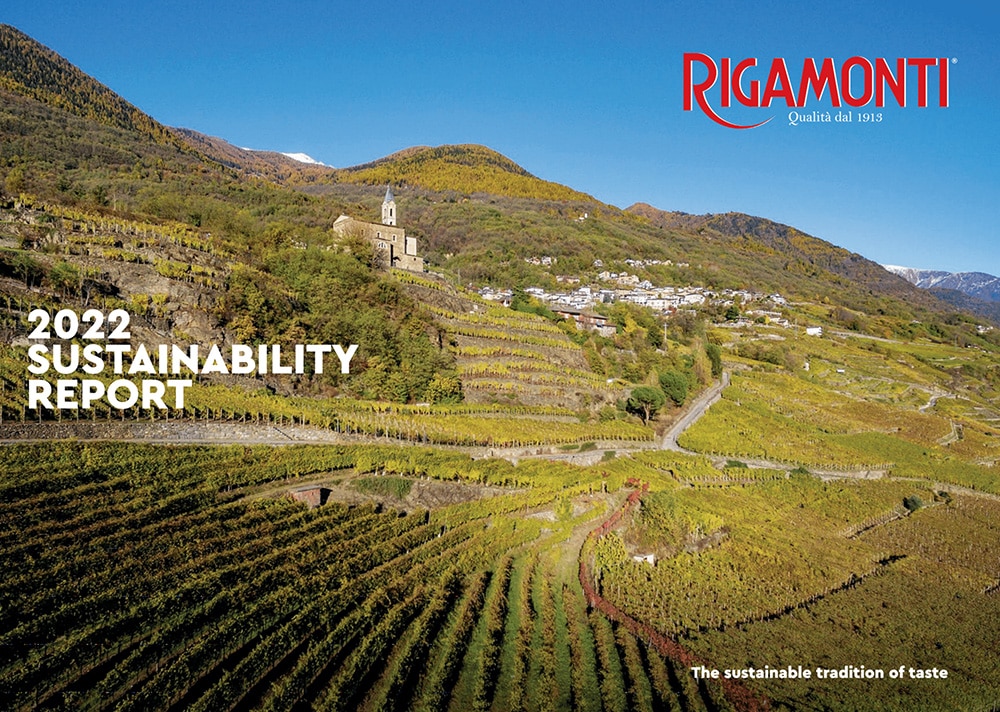ALIMENTATION
A runner’s breakfast
ALIMENTATION

One of the most important and controversial themes in matters of nutrition and running is the importance of breakfast.
No one questions the fact that as a meal it is fundamental, but we very often hear greatly different opinions when it comes to the type of diet and choice of food.
It is time then to dispel a few myths and shed some light on the area.
Generally speaking, conventional wisdom acknowledges the essential role played by breakfast, summed up in the adage “Breakfast like a king, lunch like a prince and dine like a pauper”.
If your mind turns to the everyday notion of breakfast, you realise that sugar is the common denominator of the “Italian breakfast”: milk and powdered chocolate, cappuccinos, croissants, cakes or the traditional “white bread, butter and jam”.
This breakfast is based on the idea that simple sugar means instant energy, something to “waken us up”. So OK to sugar, sugary foods, snacks and croissants?
Quite the contrary, especially in a sports and health context the habit of eating maybe a salty breakfast, where complex carbohydrates, proteins and fruit are balanced and where simple sugar is formally banned, is starting to spread.
So we start from the principle underlying the runner’s diet, training.
As mentioned in the previous article an athlete’s diet must be balanced, certainly, but also be based on the type of training he is engaged in and at what time.
Many runners train early in the morning, before going to work. This means they don’t have time to eat anything and consequently run on an empty stomach.
It is therefore essential to think of a post-workout breakfast.
After a dawn run, the morning meal must be abundant and help to replenish proteins and carbohydrates to aid recovery.
By the same token, if the athlete prefers running during the lunch break, breakfast must support not only normal morning activities, but also supply energy for the one o’clock run.
In both cases it will be readily uinderstood that a breakfast based on cappuccino and croissant, a source of fats, simple sugars (easily exhausted) and some protein derived from milk and butter cannot be either sufficient or adequate.
Here’s an example of a balanced breakfast:
Whole wheat bread or whole meal biscuits
Coffee or tea without sugar or slightly sweetened with fructose
50-70 grams of Bresaola della Valtellina IGP Rigamonti or, especially for girls who need more iron, 80 grams of Bresaola Equina Rigamonti
fruit
If you train in the lunch break, add fruit and a small source of protein in mid-morning making sure it is low fat and easy to digest, like Bresaola di Tacchino Rigamonti which is very rich in protein and very low in fat.
Enjoy your run!






